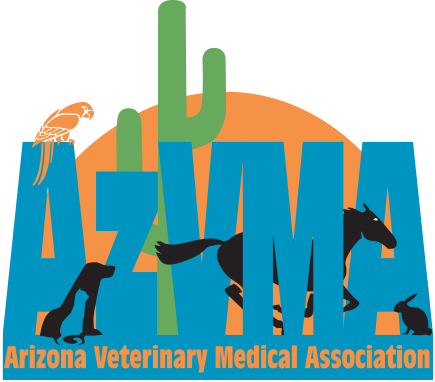May 10, 2024
Updated June 13, 2024
By: AVMA News
Starting August 1, dogs entering the United States must meet a series of new federal import requirements, including being at least 6 months of age and microchipped, to ensure the country remains free from canine rabies.
While the contents of the final rule are available now, the U.S. Centers for Disease Control and Prevention’s (CDC) updated dog and cat importation regulations were published May 13 in the Federal Register.
In a statement, the CDC said, “The regulation more closely aligns with the World Organisation for Animal Health’s standards for the international movement of dogs from countries with a high risk of dog rabies. Furthermore, it addresses recent challenges seen with international dog importations, such as fraudulent documentation and dogs housed in unsafe conditions if they didn’t meet requirements for entry to the United States.”
Concerns about possible reintroduction of the dog-maintained rabies virus variant and accompanying public health risks prompted the CDC in 2021 to temporarily suspend importations of dogs from more than 100 countries considered a high risk for rabies transmission.
That order, which was renewed several times, will expire when the new regulation becomes effective on August 1.
Prior to the CDC suspension, approximately 1 million dogs were imported into the United States annually. A certificate of rabies vaccination was required for dogs imported from one of the high-risk countries, while no such documentation was necessary for dogs originating from a low-risk or rabies-free country. The U.S. was declared free of the fatal but preventable viral disease in 2007.
Once the new CDC rule is enacted this summer, all dogs entering the country must meet the following standards:
– Appear healthy upon arrival
– Be at least 6 months old
– Have an International Organization for Standardization (ISO)-compatible microchip implanted prior to any required rabies vaccinations
– Be accompanied by a “CDC Dog Import Form” receipt
Dogs may require additional documents depending on where they have been in the last six months and whether or not they were vaccinated in the United States.
Dogs that have been in a country with a high risk of dog rabies in the six months prior to arriving in the United States and do not have valid documentation of a U.S.-issued rabies vaccination must also arrive via air at a port of entry with a CDC-registered animal care facility (ACF); have a reservation at an ACF prior to arrival; and have a valid rabies titer obtained before arrival from a CDC-approved laboratory or undergo a 28-day quarantine at an ACF upon arrival.
There are no new requirements for cat importation unless a cat is found to be ill or dead en route to, or upon arrival, at a U.S. port of entry.
The CDC encourages people traveling with their dogs to use the agency’s new question-and-answer tool on the CDC website to determine what rules apply to their dogs based on their travel dates, where their dog is traveling from, and where their dog was vaccinated.
The AVMA welcomed the updated regulation, as it has been working with Congress on legislation, such as the Healthy Dog Importation Act, to reduce the number of unhealthy dog imports into the U.S.
“The AVMA continues to support the CDC’s efforts to improve dog importation standards and is pleased to see the implementation of this new rule that will help protect public health and positively impact canine health and welfare,” said Dr. Rena Carlson, AVMA president.
Handout
A version of this story appears in the July 2024 print issue of JAVMA
